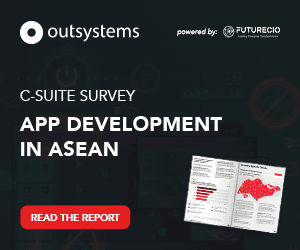Gartner predicts more than 70% of government agencies will use artificial intelligence (AI) to enhance human administrative decision-making by 2026. Machine learning, analytics and generative AI will mature over the next two years and combine into a suite of tools that will support improved government service delivery.
Gartner warns that AI encompasses a continually evolving technological landscape in which there are trade-offs between scale, explainability, accessibility, speed, skills and cost.
“This complexity — together with the ambiguity intrinsic to AI’s predictive and generative nature — leads to a lack of clarity around AI’s reputational, business and societal impacts.” Gartner
Gartner VP analyst Todd Kimbriel says government CIOs must find new ways to meet citizen demands for modern, accessible and resilient services, by focusing on sustainable and scalable technology.
Keith Nelson, senior industry strategist for the public sector at OpenText, observes that AI is capturing the mind share of many world government leaders now, who are freeing up budget and directing some of their staff to go out and add AI capabilities to their tasks.
“We advise our public sector customers to experiment with things like Chat GPT, so that they can understand what generative AI can do and can't do, but not to involve any sensitive government data at this stage. We encourage our customers to think about the underlying information first to fully tap into the benefits of AI,” he continues.
For the full article, click here.




